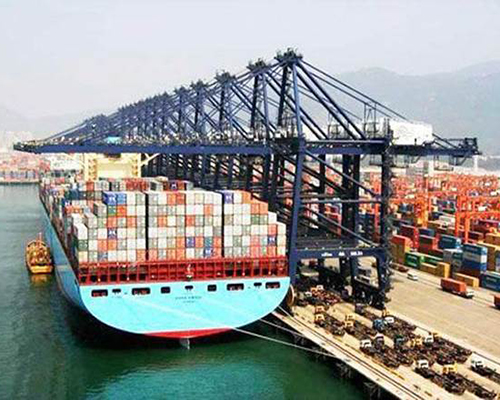Food Licensing for Exports
FSSAI is Ultimate Authority in India tasked with ensuring maintenance of Standards & Safety by Food Business Operators. This includes Food Exporters. Exporting food items needs many Clearances and Licenses, from different Government Departments – even Laboratory Testing and Site Inspections. Process is complicated and long. By systematically taking “would-be” Food Exporters through the steps, we provide invaluable service.
- Procuring appropriate FSSAI Food License
- Fulfilling side formalities – IEC Code/DGFT/NOCs etc
- Procuring FSSAI Food Export License
- Conducting other connected clearances
